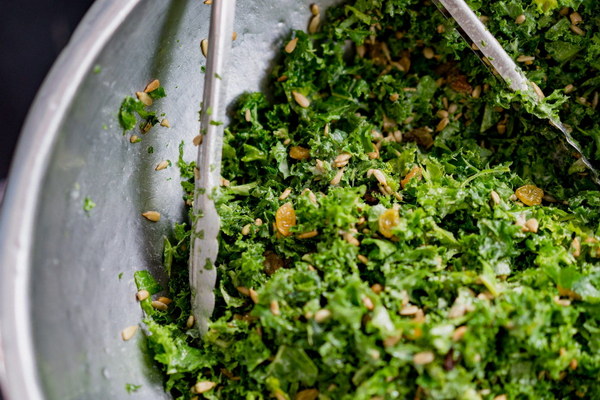Will Qi Deficiency Improve After Dampness Removal
In traditional Chinese medicine, dampness is considered an underlying cause of various health issues. It is often characterized by symptoms such as fatigue, weight gain, and a heavy feeling in the body. To alleviate this condition, many people turn to dampness removal therapies. One common question that arises is whether dampness removal will also improve qi deficiency. This article aims to explore this topic and provide insights into the potential benefits of dampness removal for qi deficiency.
First, let's understand the concepts of dampness and qi deficiency in traditional Chinese medicine.
Dampness refers to an excess of moisture in the body, which can be caused by factors such as excessive intake of cold and raw foods, poor diet, and environmental factors. It is believed to impede the proper flow of qi, leading to various health issues.
Qi deficiency, on the other hand, refers to a lack of vital energy in the body. It is often associated with symptoms such as fatigue, weakness, and a weakened immune system. In traditional Chinese medicine, qi is considered the life force that animates the body and maintains its balance.
Now, let's delve into the question of whether dampness removal will improve qi deficiency.
1. The interplay between dampness and qi deficiency
In traditional Chinese medicine, dampness and qi deficiency are often interrelated. Dampness can lead to qi deficiency by impeding the flow of qi in the body. When qi is blocked, it can result in a deficiency of vital energy, leading to various symptoms. Therefore, it is important to address both dampness and qi deficiency simultaneously to achieve holistic healing.
2. The benefits of dampness removal for qi deficiency
Dampness removal therapies can have several benefits for individuals suffering from qi deficiency:
a) Improved energy levels: By removing dampness, the flow of qi is restored, leading to increased energy levels and reduced fatigue.
b) Enhanced digestion: Dampness can affect the digestive system, leading to issues such as bloating, indigestion, and weight gain. Dampness removal can improve digestion and promote weight loss.

c) Strengthened immune system: Qi deficiency can weaken the immune system, making individuals more susceptible to infections. Dampness removal can help strengthen the immune system, reducing the risk of illnesses.
d) Improved mental clarity: Dampness can cause a foggy feeling in the mind, making it difficult to concentrate. By removing dampness, individuals can experience improved mental clarity and better cognitive function.
3. How to effectively remove dampness and address qi deficiency
To effectively remove dampness and address qi deficiency, it is important to adopt a holistic approach that includes diet, lifestyle changes, and herbal remedies:
a) Diet: Avoid cold, raw, and damp foods such as raw vegetables, fruits, and dairy products. Instead, consume warm and cooked foods that are easy to digest, such as soups and stews.
b) Lifestyle changes: Engage in regular exercise to promote the flow of qi and eliminate dampness. Avoid excessive exposure to damp environments and ensure proper ventilation in your living space.
c) Herbal remedies: Consult with a licensed herbalist or traditional Chinese medicine practitioner to determine the best herbal remedies for your specific condition. Common herbs used to remove dampness and address qi deficiency include astragalus, codonopsis, and cinnamon.
In conclusion, dampness removal can indeed improve qi deficiency. By addressing both dampness and qi deficiency simultaneously, individuals can experience significant improvements in their overall health and well-being. It is important to adopt a holistic approach and consult with a qualified practitioner to ensure the most effective treatment plan.









